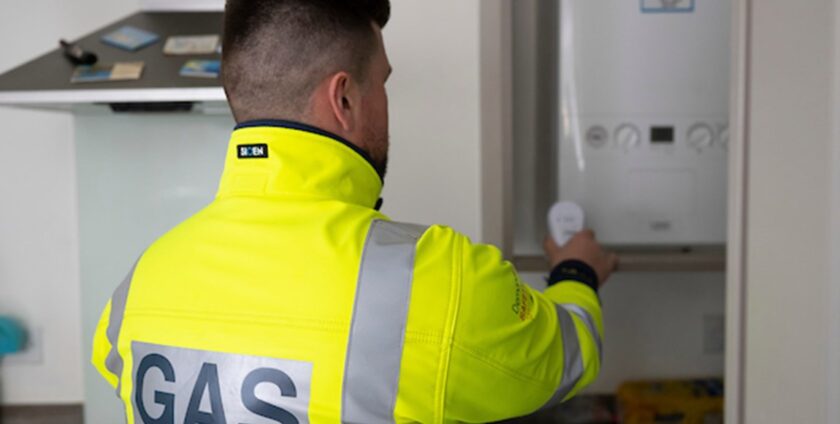As students across the UK prepare to move into new accommodation for university, safety experts are issuing an urgent reminder not to mistake carbon monoxide (CO) poisoning symptoms for a hangover.
The Royal Society for the Prevention of Accidents (RoSPA) and Wales & West Utilities are warning young people about the dangers of carbon monoxide exposure, often referred to as ‘the silent killer’.
New research highlights the vulnerability of under-35s to CO poisoning, with 32% feeling uninformed about the risks.
As freshers’ week approaches, when students are likely to be in new homes, RoSPA and Wales & West are raising awareness about the similarities between CO poisoning symptoms and hangovers—such as headaches, dizziness, nausea, and fatigue.
A Silent and Deadly Threat
Carbon monoxide is a colourless, odourless gas produced by faulty or poorly maintained fuel-burning appliances such as boilers and stoves.
Even small amounts of exposure can lead to poisoning, which causes around 40 deaths and 4,000 serious illnesses in the UK each year.
Symptoms of CO poisoning include headache, dizziness, nausea, tiredness, and confusion—symptoms that are often misattributed to flu or hangovers.
RoSPA’s Product Safety Advisor, Philip Le Shirley, stressed the importance of awareness, especially for those moving into student accommodation.
“Over a third of under-35s don’t know the risks of carbon monoxide, which is particularly worrying. We urge everyone, including students, to ensure their homes are equipped with working CO alarms and that gas appliances are serviced regularly.”
He added that if symptoms like headaches and dizziness occur, students should alert their housemates, evacuate to fresh air, and call 999 immediately if they suspect CO poisoning.
Legal Requirements for Carbon Monoxide Alarms
Clive Book, Head of Operations at Wales & West Utilities, emphasised the potential for confusion between CO poisoning symptoms and a hangover, especially in student environments.
He urged students to prioritise CO awareness and ensure that their landlords have installed working alarms.
Landlords across the UK are legally responsible for installing and maintaining carbon monoxide alarms in properties with gas, oil, or solid fuel appliances. However, the specific requirements vary between nations:
- England: Since October 2022, landlords must install CO alarms in all rented properties with fixed combustion appliances (excluding gas cookers).
- Wales: The Renting Homes (Wales) Act 2016 mandates working CO alarms in all rented properties with gas or solid fuel-burning appliances.
- Scotland: From February 2022, all homes, whether rented or owned, must have CO alarms in rooms with fixed combustion appliances, excluding cookers.
- Northern Ireland: Since 2012, homes with new fossil fuel appliances must have CO alarms, and landlords are responsible for installing and repairing them.
Failure to comply with these regulations can result in fines of up to £5,000 in some regions.
What Can Students Do?
Students moving into new homes are advised to check if their accommodation has a working carbon monoxide alarm and to familiarise themselves with emergency procedures.
CO alarms should be placed in every room with a fuel-burning appliance, and regular maintenance of gas appliances is essential to minimise the risk of exposure.
Both RoSPA and Wales & West Utilities encourage students to take proactive steps in ensuring their safety by checking that gas appliances have had annual safety checks by registered engineers.
This simple action could save lives during what is meant to be an exciting time for students as they embark on their university journey.

